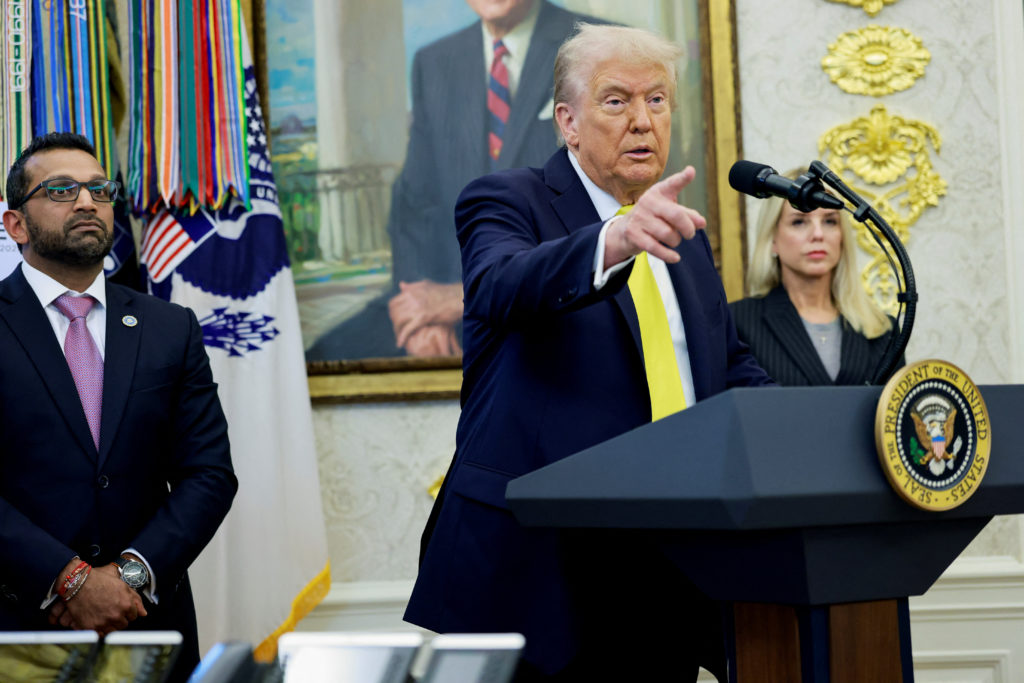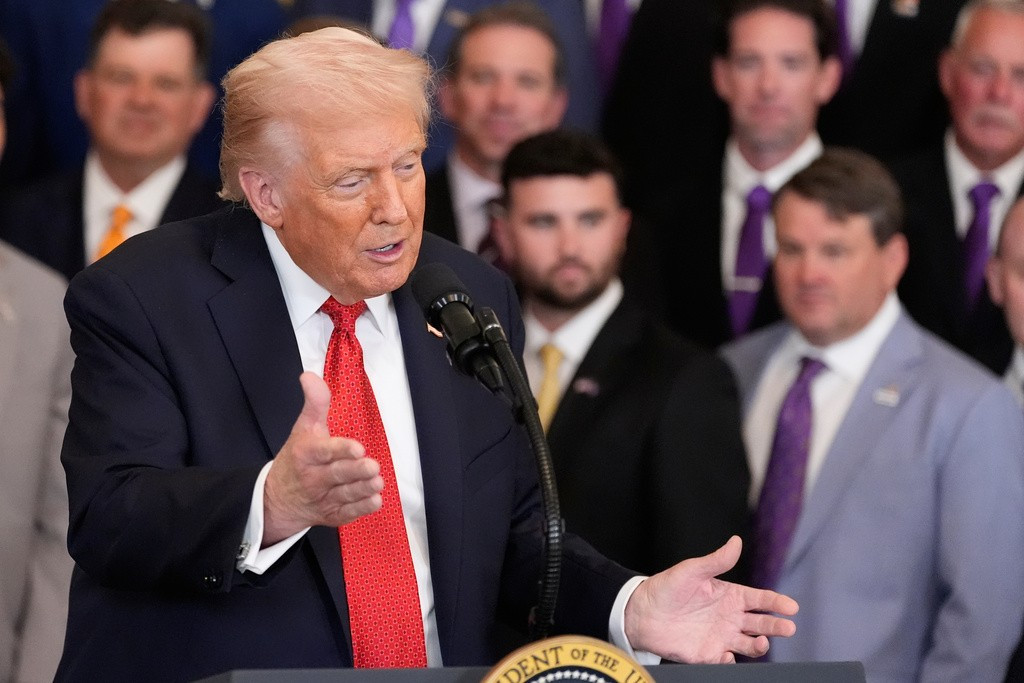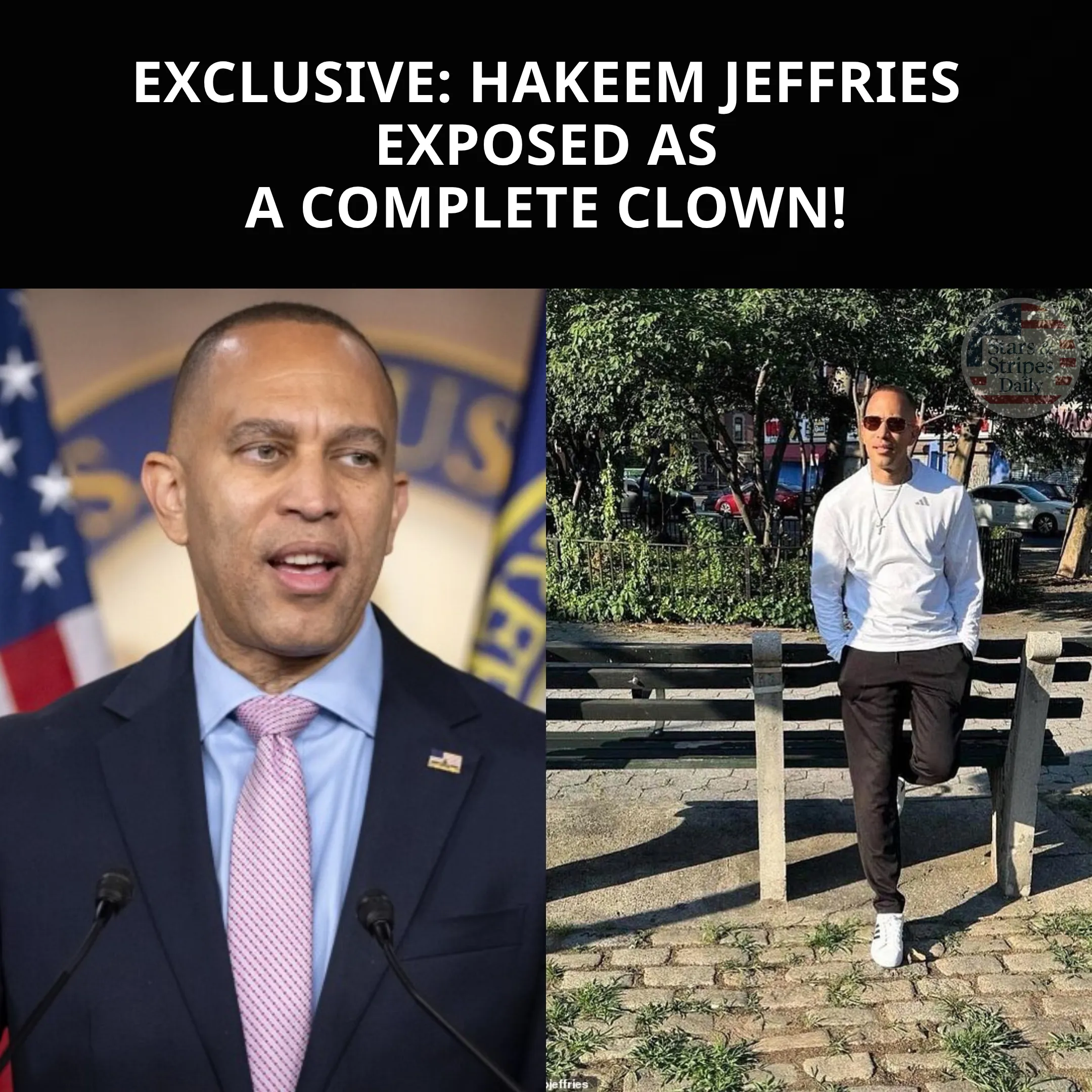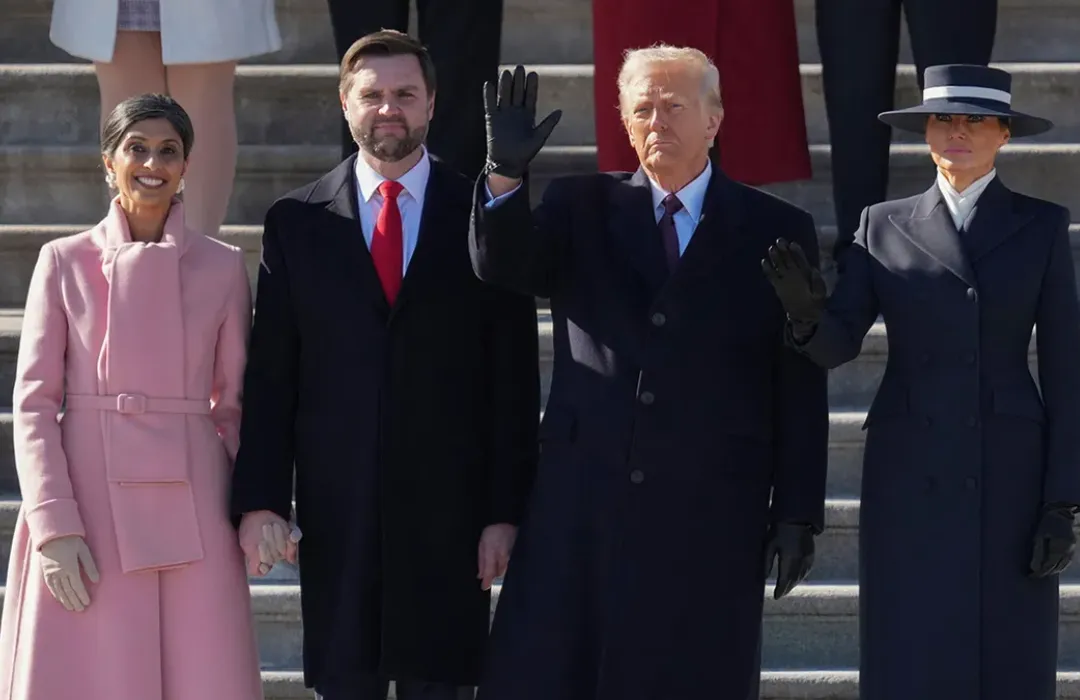
In a highly charged political battle, the U.S. Senate has confirmed Rodney Scott as the new head of Customs and Border Protection (CBP), marking the end of a contentious nomination process.
Scott, a seasoned law enforcement professional with nearly three decades of experience, was confirmed by a 51-46 party-line vote, with all Republicans supporting his nomination and all Democrats opposing it.
This vote reflects the deepening partisan divide over immigration enforcement, border security, and the future of U.S. immigration policy.
Scott's confirmation is seen as a significant victory for Republicans who have long pushed for stronger border enforcement and a return to Trump-era immigration policies.
His nomination was opposed by Senate Democrats who raised concerns about his previous statements, his alignment with former President Donald Trump's controversial immigration policies, and his departure from the Border Patrol in 2021.
Rodney Scott brings a wealth of experience to the position of CBP Commissioner. Prior to his confirmation, he served as the Chief of the U.S. Border Patrol, the federal agency tasked with securing the U.S.-Mexico border.
Scott has a long history of working within CBP, having spent the majority of his career focused on border security and law enforcement. He is well-regarded for his experience in both operational and policy-making roles within the agency.
Scott’s tenure as Border Patrol Chief was marked by his steadfast commitment to strengthening border security and enforcing immigration laws. He was known for his advocacy of strict immigration policies, including the controversial “Remain in Mexico” program and the construction of a border wall.

Scott’s approach was aligned with the policies of the Trump administration, which sought to restrict immigration and reduce the number of people entering the U.S. illegally.
However, Scott’s tenure at the head of Border Patrol came to an abrupt end during the Biden administration. In 2021, he was removed from his position after he publicly opposed the political changes implemented by the new administration.
One of the key disagreements was over the language used to describe illegal immigration. The Biden administration sought to replace the term “illegal alien” with “undocumented immigrant,” which Scott argued was legally inaccurate and inconsistent with federal law.
In a memo to his superiors, Scott expressed concerns that these changes were politically motivated and undermined the integrity of the Border Patrol. His opposition to these shifts ultimately led to his departure from the agency in August 2021.
After leaving the Border Patrol, Scott remained an influential voice in the immigration debate, frequently advocating for stronger border enforcement and a return to the more restrictive immigration policies championed by Trump.
In 2021, Scott took on the role of Distinguished Senior Fellow for Border Security at the Texas Public Policy Foundation, where he continued to push for stricter border security measures.
He repeatedly called for the reinstatement of policies like the “Remain in Mexico” program and the continuation of border wall construction—two key elements of Trump’s border security agenda.
Scott’s focus on border security has made him a prominent figure in the ongoing debate over immigration in the United States. He has been a vocal critic of the Biden administration’s handling of immigration and has argued that its policies have led to a rise in illegal immigration and a weakening of U.S. border security.

His advocacy for the “Remain in Mexico” policy, which requires asylum seekers to wait in Mexico for their court hearings, was seen as a critical part of the Trump administration’s effort to curb illegal immigration.
During his Senate confirmation hearing, Scott reiterated his commitment to enforcing the law and securing the U.S. border. He emphasized the importance of maintaining the integrity of the immigration system and ensuring that those who enter the U.S. do so through legal channels.
His vision for CBP is to restore order at the border and ensure that the agency remains focused on its core mission of protecting U.S. sovereignty.
Scott’s confirmation was not without controversy. The Senate vote saw a stark division along party lines, with Republicans supporting Scott’s nomination and Democrats unanimously opposing it.
The Democratic opposition was fueled by concerns over Scott’s alignment with Trump-era immigration policies, particularly those related to the construction of a border wall and the “Remain in Mexico” program.
Many Democrats viewed Scott as too closely aligned with Trump’s immigration agenda, which they argued was overly harsh and lacked compassion for migrants.
They also criticized Scott for his role in implementing policies that, in their view, contributed to human rights violations and harm to vulnerable populations, particularly asylum seekers.
Senator Chuck Schumer, the Democratic leader in the Senate, was a vocal critic of Scott’s nomination. He argued that Scott’s appointment would further entrench the divisive immigration policies of the previous administration and exacerbate the challenges faced by immigrants and refugees seeking asylum in the U.S.

Schumer’s opposition reflects the broader Democratic party’s commitment to reforming immigration policy in a way that emphasizes compassion and protection for vulnerable populations.
On the other side of the aisle, Republicans celebrated Scott’s confirmation as a much-needed step toward restoring order at the U.S. border.
Republicans have long pushed for a tougher stance on illegal immigration, and Scott’s nomination represents a return to the policies that many in the party believe were successful in curbing illegal immigration under the Trump administration.
Senator Lindsey Graham, a staunch supporter of Scott, praised his experience and leadership, calling him the right person to lead CBP during a time of heightened immigration challenges.
Graham and other Republicans argued that Scott’s confirmation was critical for addressing the ongoing crisis at the southern border and ensuring that CBP could effectively carry out its mission.
Former President Trump also expressed his support for Scott’s confirmation, praising him for his decades of service and his commitment to border security.
Trump highlighted Scott’s role in implementing key immigration policies during his administration, including the successful reduction in illegal immigration levels and the construction of the border wall.
Customs and Border Protection is the largest law enforcement agency in the U.S. Department of Homeland Security, with approximately 65,000 employees.

The agency is responsible for protecting U.S. borders, preventing the entry of illegal goods and people, and facilitating legal trade and travel. CBP is divided into two main divisions: the Border Patrol, which focuses on securing the border between ports of entry, and the Office of Field Operations (OFO), which oversees security at the ports of entry themselves.
CBP plays a critical role in U.S. national security, and its mission has become even more important as the country grapples with the ongoing challenges of illegal immigration, drug trafficking, and human trafficking.
The agency also plays a significant role in enforcing U.S. immigration laws, and its policies and actions often come under intense scrutiny from both Democrats and Republicans.
As the new head of CBP, Scott will be responsible for overseeing the agency’s operations and implementing the Biden administration’s immigration policies while balancing the need for stronger border security measures.
Given his previous advocacy for Trump-era policies, it is likely that Scott will face pressure from Republicans to continue implementing stricter immigration enforcement while also dealing with the political realities of a Democratic-controlled Congress.
Scott’s appointment comes at a challenging time for CBP and U.S. immigration policy. The Biden administration has taken a more lenient approach to immigration enforcement, focusing on addressing the root causes of migration, such as poverty and violence in Central America, while also increasing the number of legal pathways for immigrants.
However, this approach has been criticized by Republicans, who argue that it has led to a surge in illegal immigration and overwhelmed the U.S. immigration system.
Scott will need to navigate these conflicting approaches while leading CBP. His experience as Border Patrol Chief will be valuable as he works to address the crisis at the southern border, but he will also need to balance the concerns of Congress and the public, many of whom are demanding stronger border security and more effective immigration enforcement.
In addition to managing border security, Scott will also be tasked with addressing the growing crisis of migrant detention facilities, which have been criticized for overcrowding and poor conditions.
The Biden administration has faced significant criticism over its handling of migrant detention, and Scott will need to work closely with lawmakers to address these concerns while also enforcing immigration laws.
Scott’s confirmation marks a new chapter for CBP, but it also highlights the ongoing debate over U.S. immigration policy. With both parties holding starkly different views on how to address border security and immigration reform, the path forward remains uncertain.
Scott’s appointment will likely intensify the partisan divide over immigration, with Republicans pushing for stricter enforcement and Democrats advocating for a more humane approach to immigration.
As the country continues to grapple with the challenges of illegal immigration, border security, and asylum seekers, the leadership of CBP will remain a focal point in the national conversation.
Rodney Scott’s experience and commitment to enforcing immigration laws will undoubtedly shape the future of U.S. immigration policy, and his actions at CBP will be closely watched by both sides of the political spectrum.
Rodney Scott’s confirmation as head of Customs and Border Protection marks a significant moment in the ongoing debate over immigration policy in the United States.
While Republicans celebrate his appointment as a win for border security and immigration enforcement, Democrats are deeply concerned about the continuation of Trump-era policies that they believe were harmful to migrants and refugees.
As Scott steps into his new role, he will face the daunting task of navigating a divided political landscape and implementing policies that address the complex issues surrounding immigration and border security. His leadership will be critical in shaping the future of CBP and U.S. immigration policy for years to come.




